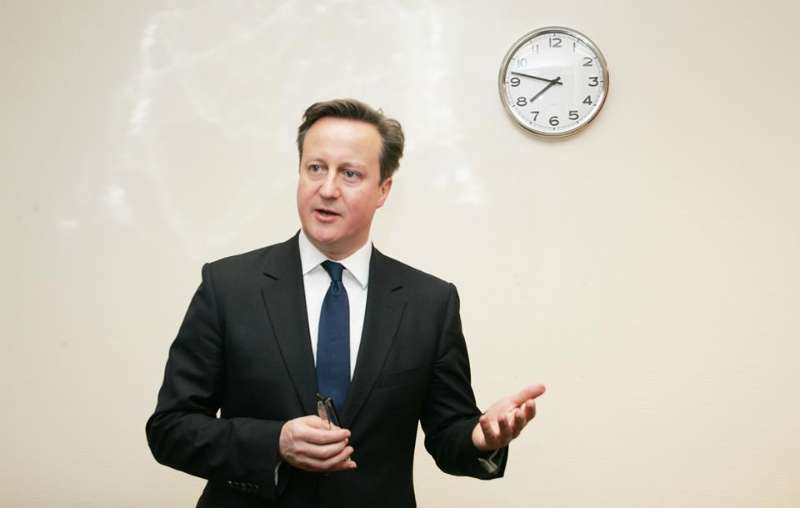Prime Minister David Cameron will launch a 100-day plan to set an agenda to fulfill the election promises including the referendum on EU, boundary changes and the abolition of the Human Rights Act.

The prime minister will assign Chancellor George Osborne to negotiate with Brussels, while confidante Michael Gove will deal with the abolition of the Human Right Act as the new Lord Chancellor and Justice Secretary.
Meanwhile, former Conservative leader Lord Howard has urged MPs to exercise “a considerable degree of self discipline”, particularly in the run-up to a planned referendum on the UK’s membership of the European Union in 2017.
UK staying in the EU
As political leaders debate about the potential for referendum on the UK’s membership in the EU, a survey of 2,000 members of the Institution of Mechanical Engineers shows overwhelming support for the UK staying in the EU.
Of the engineers that were surveyed, 72% said they wanted the UK to remain in the EU. If the UK did leave the EU, 59% of said this would make recruiting engineering employees from the EU harder, 68% said that the UK would be less attractive to global manufacturers and 71% said it would hamper trade within EU markets.
But there was some criticism for the current system with 67% saying that the EU needs to work harder to support UK manufacturers and 77% saying that Brussels is excessively bureaucratic.
Philippa Oldham, Head of Manufacturing at the Institution of Mechanical Engineers, said, “While our members overwhelmingly support the UK staying in the European Union, these survey results do suggest that engineers want to see change from the EU. Our members seem clear that to leave the EU would hamper our manufacturing sector by impeding trade markets. Our engineers want to see the EU provide more support for UK manufacturers and an end to the complicated bureaucracy of Brussels.
“There is a clear need for the European Union to work in a more integrated way, with better communication and collaboration between Commissioners, Directorates General and Member States. This will help ensure there isn’t excessive or duplicate policy development to hamper business.
“It is vital that new policies and regulations are analysed for the benefit to companies and that provisions are put in place to ensure these regulations do not deter or impede SMEs and start-ups.”
The survey of 2,000 UK members of the Institution of Mechanical Engineers was carried out in April 2015.